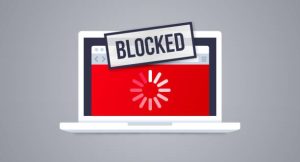156 Global News Post 1
Caroline McClellan
As the September elections were approaching, Russia took action to strengthen their control relating to online freedoms. Russia already has tight control over the internet, banning anything that goes against the state. In anticipation of the election, Russia labeled opposition groups, non-profits, independent media outlets, and individuals as “foreign agents”, forcing the “agents” to regularly report to the state. Additionally, they targeted independent voter information websites and blocked many of these sites. Putin also signed new law forcing social media companies larger than 500,000 daily views to open branch offices in Russia and register local legal entities. If the companies refused, a fine would be issued to the company. All of this was done in an attempt to censor the information available to the public in Russia and take away the voice of the public sphere. During an election, Putin would want all information shared with the public to be censored and eliminate any bad press from entering the public sphere in order to keep his position as head of state. The new steps that Russia has taken to further censor their internet, undermine the capability of the Russian people to exercise their basic human rights, including freedom of expression and freedom of access to information. Censoring the Internet has left Russia isolated from the outside world and lacking the truth. This outside perspective on Russian censorship was interpreted from Tanya Lokot, an associate professor in digital media and society at Dublin University, who has studied protest, digital media and internet freedom in Eastern Europe.
Figure 1
Internet censorship

Filo. (2018). Blocked Internet Website Content [Clip art]. Istockphoto. https://www.istockphoto.com/vector/blocked-internet-website-content-gm973498580-264897105
